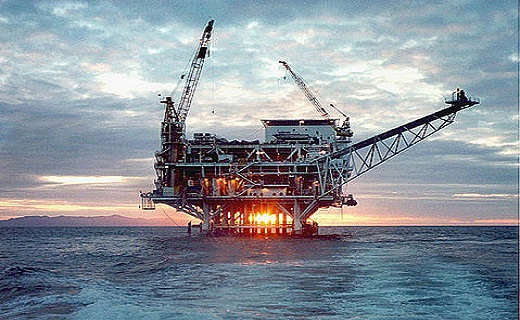
We all have witnessed the fall of oil prices since the start of the COVID-19 outbreak worldwide. This pandemic has wiped out almost a third of global oil demand through lockdowns, travel bans, and the plunge of oil prices, something never seen before. This situation made it very difficult for the oil industry to recover especially with a rapidly-shifting world towards renewable energies. This new reality prompts us to ask ourselves whether the decline of the oil industry has just begun.
First off, let me be clear about the fact that the oil industry was very volatile before the inception of the global pandemic as supply-demand fluctuations were impacted by key geopolitical events such as the Iran sanctions, the US shale oil market speculations, and the China-US trade tensions, among others.
According to a Mckinsey report, the global oil supply and demand market through 2035 will have sustainable growth until 2022, if demand growth stays healthy and OPEC+ maintains discipline over production levels. The report suggests that global oil demand is expected to grow at a slower pace of 0.5% p.a. between 2020-2033. This is due to decreased road transportation consumption. Likewise, the International Energy Agency expected a slower growth from 2025 on due to the going green tilt and expert increase in electric automobile sales, coupled with a strengthening of the regulation of CO2 emissions.
The last report seems outdated but it’s relevant to what’s happening nowadays since we could consider it as a reference case and assess the impact of the global pandemic on the oil industry and even our future consumption in the post-COVID-19 period.
Some oil and gas companies had long-term decarbonization plans nevertheless. The pandemic has amplified and accelerated this transition, the oil disruption is already underway, and what was expected to change within 10 years, will change in the matter of one year, because a couple of companies have already allowed their employees to work from home in a permanent basis, and according to Airbus, airlines should consider 5 years to fully recover from the COVID-19 crisis. In other words, less consumption of oil and gas will reduce future cash flows.
Besides, in the financial markets, technology stocks remain an attractive lure. Zoom, Amazon, among others are a case in point of this. ExxonMobil’s market capitalization of $185bn was briefly overtaken by Netflix in April. This illustrates that investors would put their money in sustainable and growing companies as Warren Buffett recently did.
COVID-19 is changing our lives and might accelerate the Mckinsey analysts’ forecasts, therefore the oil industry should consider this pandemic as a warning sign since this sector is very fragile and its market is unstable, a warning to embrace the energy transition shortly and remain sustainable and profitable.


